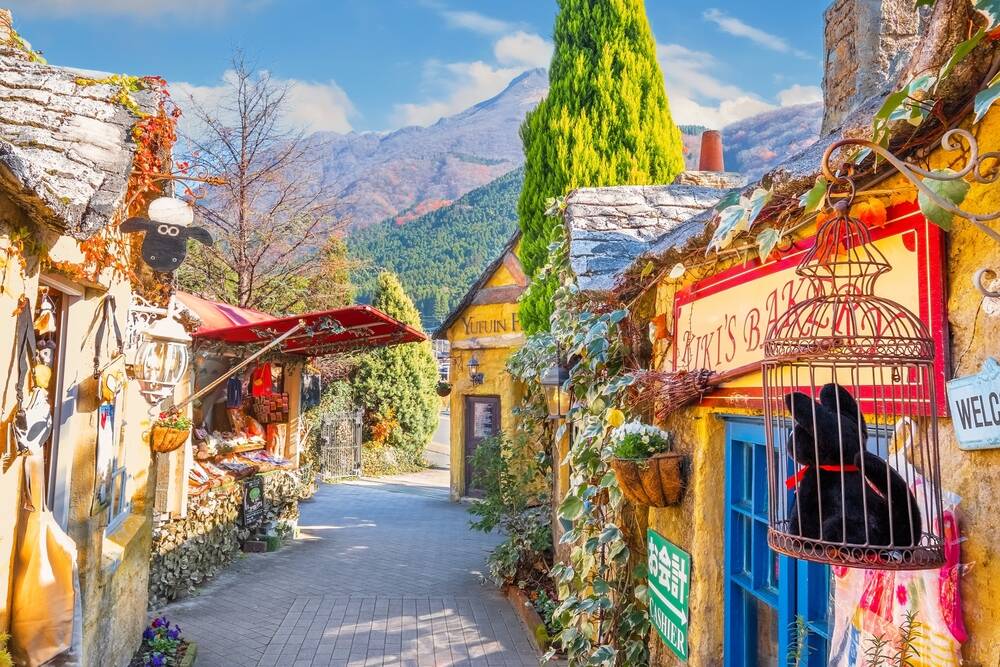
"After OpenAI CEO Sam Altman announced the GPT-4o model, users began transforming photos into images resembling Miyazakiâs hand-drawn aesthetic, which feels like a copy-and-paste theft."
"Hayao Miyazaki, co-founder of Studio Ghibli, criticized automated animation tools in 2016, indicating his likely disapproval of the rampant copying occurring now."
"Digital rights defenders, like the EFF, argue that generative AI democratizes content creation, but this oversimplifies the complex issues artists face with copyright infringement."
"The proliferation of AI-generated artwork is not a new phenomenon; artists like Greg Rutkowski have long reported massive imitations of their work online, worsening the situation."
This article critiques the surge of AI-generated images mimicking Studio Ghibli's aesthetic, arguing that it constitutes industrial-scale intellectual property theft. The author expresses disdain at the over-saturation of such images post the announcement of OpenAIâs GPT-4o model. They reference Hayao Miyazakiâs previous criticism of automated animation tools and highlight ongoing challenges artists face in protecting their work from AI infringements. While groups like the Electronic Frontier Foundation promote the idea that generative AI democratizes creativity, the author contends that this perspective neglects the real harm inflicted on artists.
Read at Theregister
Unable to calculate read time
Collection
[
|
...
]